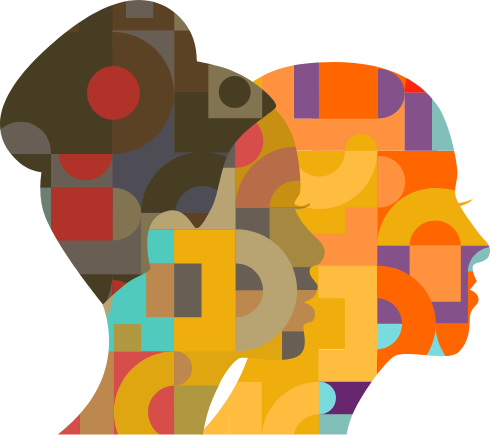 Issues of equality and acceptance of transgender and nonbinary people — along with challenges to their rights — have become a major topic in the headlines. These issues can involve words and ideas and identities that are new to some.
Issues of equality and acceptance of transgender and nonbinary people — along with challenges to their rights — have become a major topic in the headlines. These issues can involve words and ideas and identities that are new to some.
NPR has put together a glossary of terms relating to gender identity to help people communicate accurately and respectfully with one another.
Proper use of gender identity terms, including pronouns, is a crucial way to signal courtesy and acceptance. Alex Schmider, associate director of transgender representation at GLAAD, compares using someone’s correct pronouns to pronouncing their name correctly – “a way of respecting them and referring to them in a way that’s consistent and true to who they are.”
Glossary of gender identity terms
This guide was created with help from GLAAD. NPR also referenced resources from the National Center for Transgender Equality, the Trans Journalists Association, NLGJA: The Association of LGBTQ Journalists, Human Rights Campaign, InterAct and the American Psychological Association. This guide is not exhaustive, and is Western and U.S.-centric. Other cultures may use different labels and have other conceptions of gender.
One thing to note: Language changes. Some of the terms now in common usage are different from those used in the past to describe similar ideas, identities and experiences. Some people may continue to use terms that are less commonly used now to describe themselves, and some people may use different terms entirely. What’s important is recognizing and respecting people as individuals.
Quick Start: Using the Glossary
If you have a question about a specific term, you may jump directly to that section of the article using the links below:
Sex, gender, gender identity, gender expression, cisgender, transgender, nonbinary, agender, gender-expansive, gender transition, gender dysphoria, sexual orientation, intersex
The second portion of the article addresses questions and answers about pronouns such as:
- What is the role of pronouns in acknowledging someone’s gender identity?
- What’s the right way to find out a person’s pronouns?
- Should people be asking everyone their pronouns? Or does it depend on the setting?
- What if I make a mistake and misgender someone, or use the wrong words?
To learn the answers to the above and other questions, see Pronouns: Questions and Answers
Excerpted from “A Guide To Gender Identity Terms” from NPR. Read the full article online.
Source: NPR | A Guide To Gender Identity Terms, https://www.npr.org/2021/06/02/996319297/gender-identity-pronouns-expression-guide-lgbtq#gender | © 2023 npr
Image designed by Freepik
This resource is filed under:







